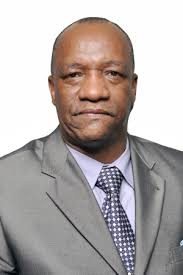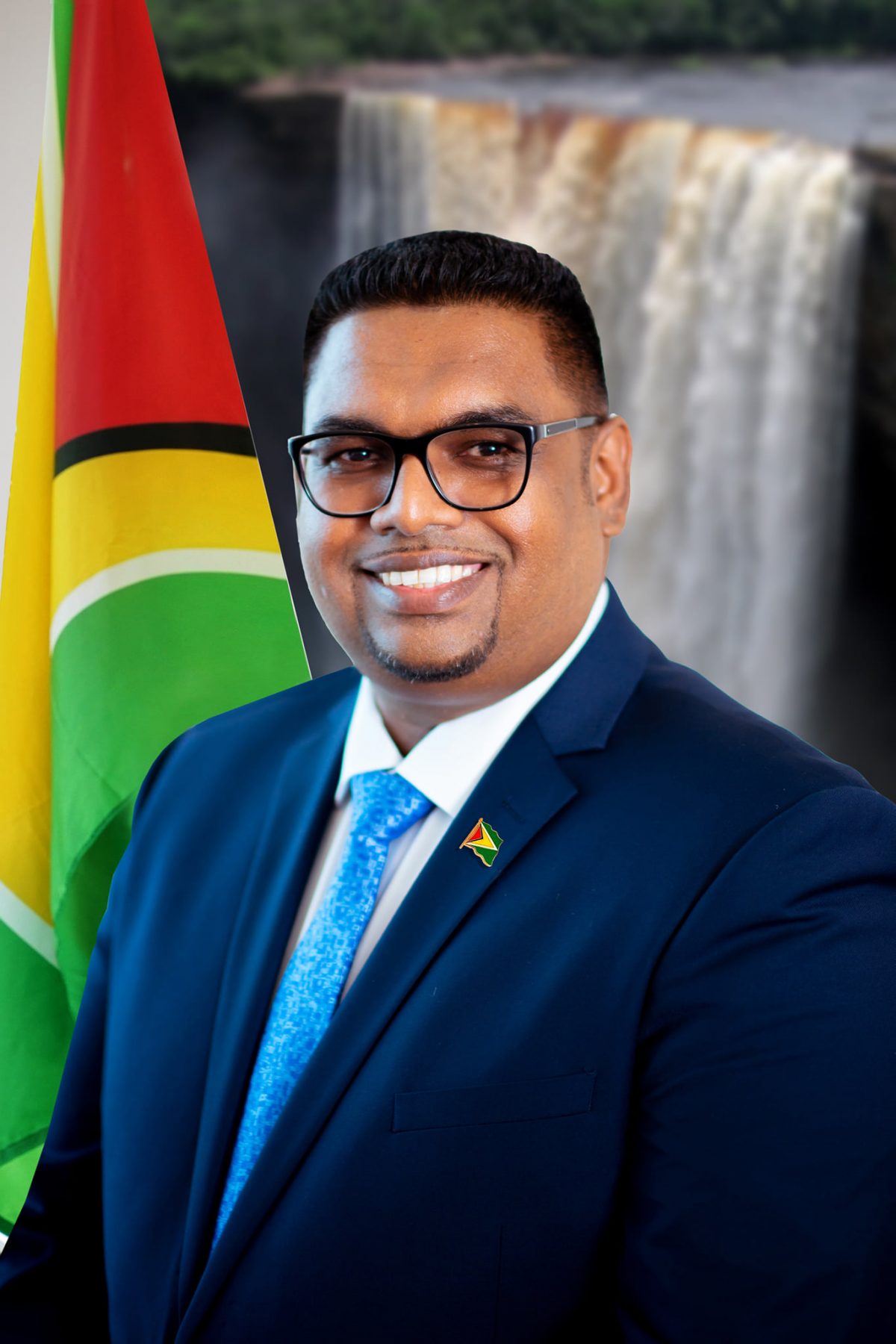The continued delay in appointing a substantive Chancellor and Chief Justice is evidence of the need for a new selection process that would remove politics and politicians from the process, according to Guyana Bar Association (GBA) President Teni Housty.
Currently Article 127 (1) of the Constitution stipulates that the Chancellor and the Chief Justice shall each be appointed by the President, acting after obtaining the agreement of the Leader of the Opposition.
Housty thinks this methodology might just offend the Separation of Powers doctrine.

“This is the source of the problem, [so] clearly we need to start thinking about making changes,” he said of Article 127(1).
Housty was providing a response to an announcement by Opposition Leader Joseph Harmon that he was prepared to do what is necessary to confirm to the two women who now head the judiciary, acting Chancellor Yonette Cummings-Edwards and acting Chief Justice Roxane George.
During an International Women’s Day Forum at Parade Ground on Monday, Harmon called on President Irfaan Ali to confirm the acting Chancellor of the Judiciary and the acting Chief Justice.
“Irfaan Ali has to take steps to ensure those two women are confirmed in their jobs. I am prepared to do what is necessary to ensure that it happens,” he said.
According to Harmon, the two women who hold the posts “must be confirmed in those positions as that is how they will be able to stand firm”.
“Keeping people in acting positions is a way of controlling people,” he declared.
Housty, however, expressed the view that judicial appointments should not be political footballs.
“It is painful that they will use the judiciary as part of their political games. There is a reason why there is a doctrine of separation of powers, which is at the core of our democracy…Keep politics out of the administration of justice…it has been too long that there has been no substantive appointment to these posts… the Bar’s consistent position over the last 20 years is that acting positions are inimical to the functioning of the justice system,” he concluded.
Guyana has not had a substantive Chief Justice since Justice Desiree Bernard was elevated to the post of Chancellor in 2001 and no substantive Chancellor since Justice Bernard stepped down from the bench here in 2005.
The prolonged delay in appointments has been criticised by many in the legal fraternity, both locally and regionally.
CCJ President Justice Adrian Saunders and his predecessor Sir Dennis Bryon have both publicly described the situation as unacceptable.
Sir Dennis, the then CCJ president, while delivering the keynote address at 37th Annual Bar Association Dinner in November 2017, had said that it was disappointing that no substantive Chancellor has been appointed after Justice Bernard’s departure and noted that having both offices being led by judges acting in the respective capacities is “a most unfortunate state of affairs.”
He had bemoaned the inability of successive presidents and opposition leaders to agree on appointing a substantive Chancellor of the Judiciary, while warning that prolonged acting appointments pose a genuine “risk” to the promise to citizens of an independent and impartial judiciary.
Calling Guyana’s failure to make substantive judicial appointments a “significant stain” on the rule of law, then President-Designate of the CCJ Justice Saunders had said in May, 2018 that the situation was inexcusable.
For 12 years Justice Carl Singh acted as Chancellor, while Justice Ian Chang acted has Chief Justice. Despite being nominated by both President Bharat Jagdeo and Donald Ramotar for substantive appointments, the two men did not find favour with the then Opposition Leaders Robert Corbin and David Granger.
Upon their retirement in 2017, a temporary arrangement between then President Granger and Opposition Leader Jagdeo saw Justices Cummings-Edwards and George being elevated to the posts.
Jagdeo, under whose tenure both Justices Singh and Chang were appointed in acting capacities, stressed at the time that there shouldn’t be a gap in the leadership at the level of the judiciary but in December 2017 warned that he would not allow himself to be coerced into accepting nominees just to fix the situation.
Several days later, Granger invited Jagdeo to a meeting to discuss the possible appointment of then Chief Justice of Belize, Kenneth Benjamin, as Chancellor of the local judiciary, while the acting Chancellor, Justice Cummings-Edwards, was to be considered for the substantive post of Chief Justice.
These nominees were identified after a panel considered applications received from across the Caribbean region.
Two months later on February 7, Jagdeo, in a letter to the president, made it known that after undertaking the requisite due diligence he could not support either of the two being appointed. He did not offer any reason.
The process for substantive appointments to the post has since remained stalled.





